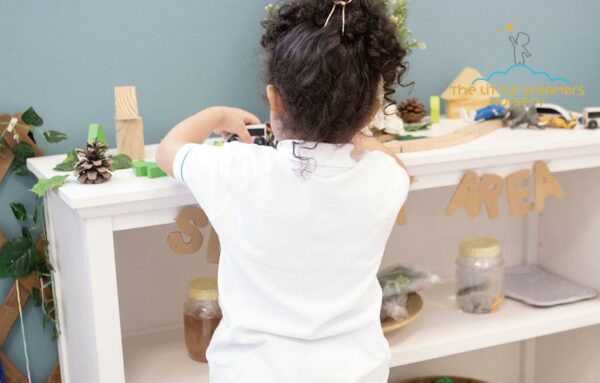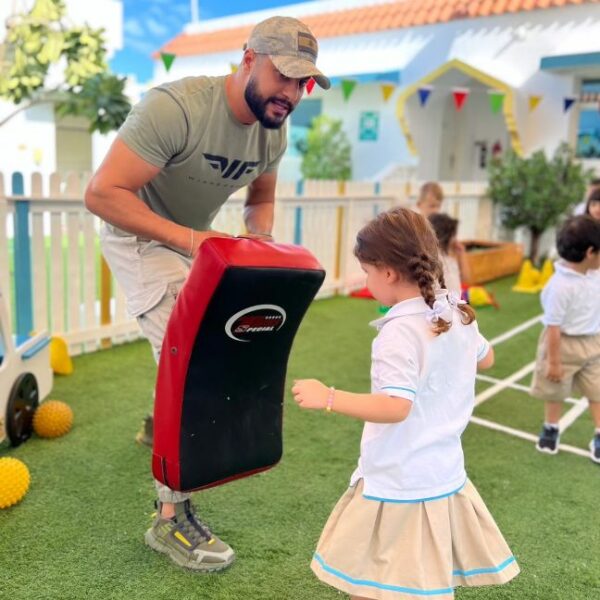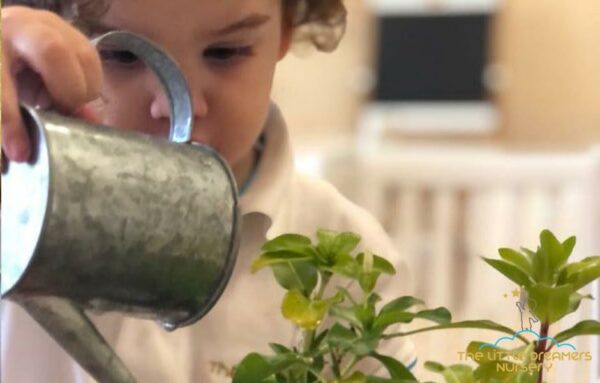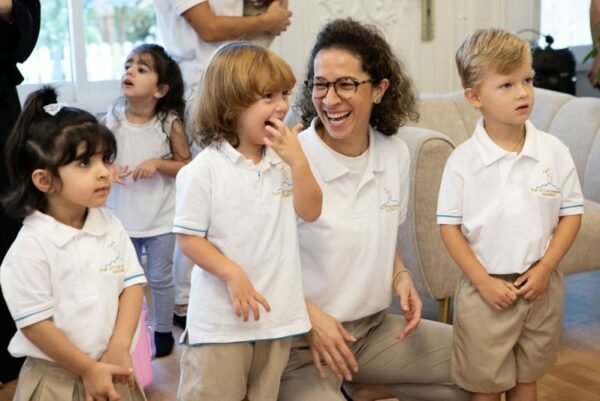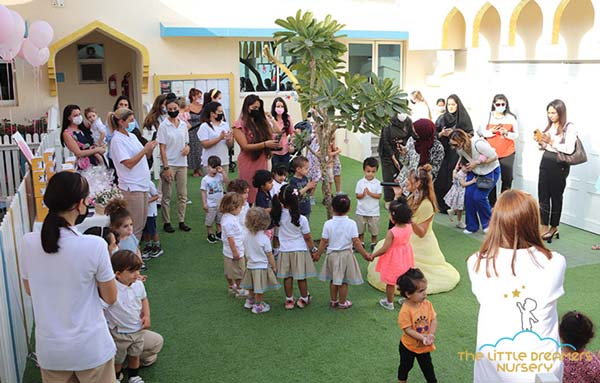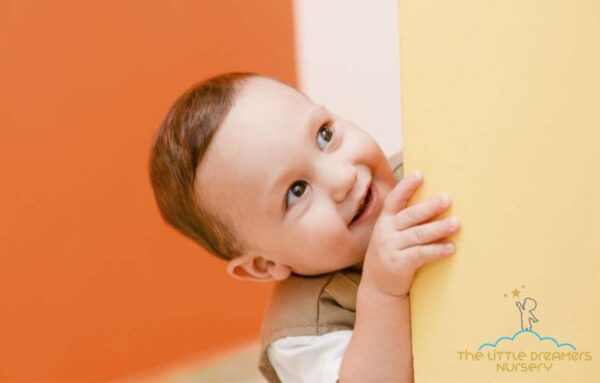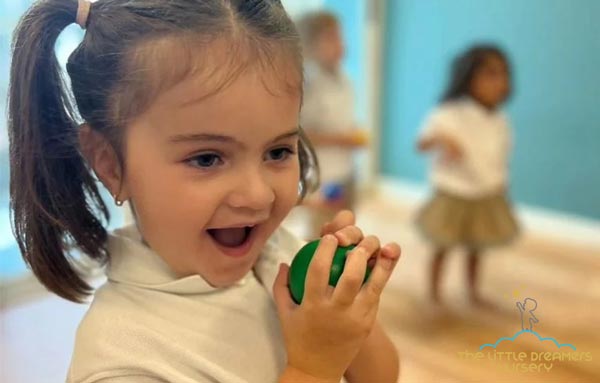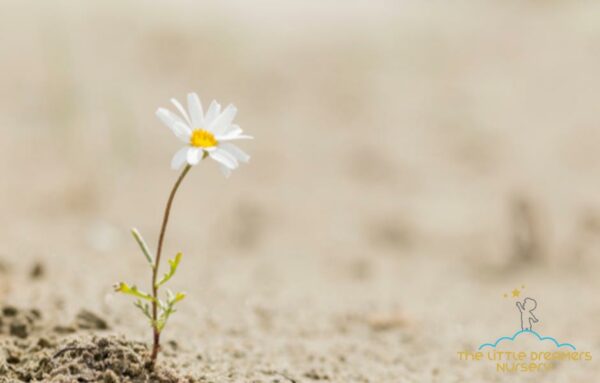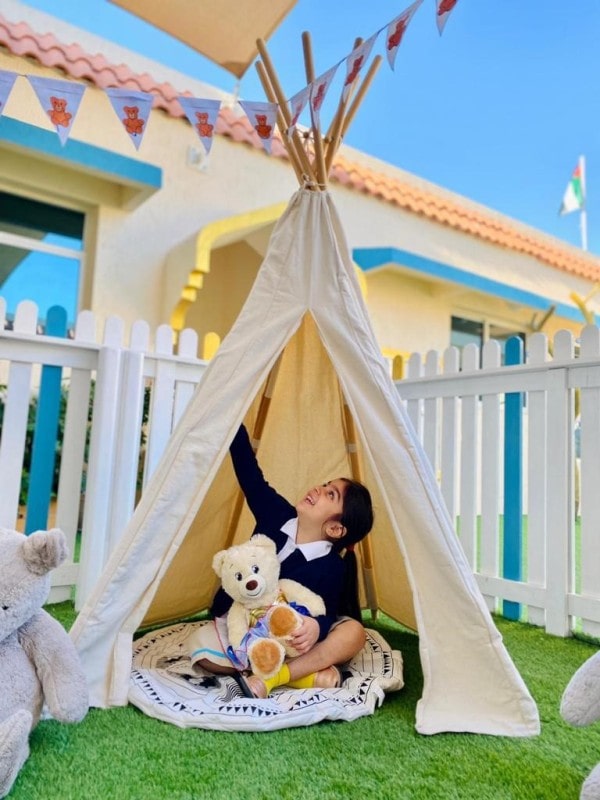What is child development?
The development of a child proceeds via distinct phases. There is a consistent pattern of Child Development Skills. Some children may go through a developmental stage more quickly than others. There are checkpoints at each stage of development. This is why many professionals refer to them as “growth milestones.” Let’s take a look at the areas of child development.
Speech and Language Development
A newborn has no preexisting linguistic knowledge. But as he or she observes how others reply verbally, his or her grasp of the language improves. Learning how to talk is a process that often takes time. A newborn will begin to respond to spoken language early on; such as making gestures or babbling. Over time, he or she develops the ability to articulate their wants and requirements through the use of language. That is the very beginning of language acquisition. When a child reaches the age of one, they begin to acquire the ability to communicate through the use of words. Object names, pronouns, etc., are all things they pick up in the following year. Then, naturally, linguistic abilities will develop with age.
What do children learn in nursery
Cognitive Child Development Skills
The ability to think, reason and grasp concepts are what we mean when talking about the cognitive domain of Child Development Skills. Cognitive childhood development can be broken down into four separate phases, as defined by developmental psychologist Jean Piaget. From the day of birth to about two years of age, people are in the sensorimotor stage of cognitive development, during which they can only perceive the world through their senses. The child starts to discover the difference between themselves and their environment. By the time a child is between the ages of two and six, they begin to use language in their observations of the world around them.
Social and Emotional Development
One of the most beneficial and valuable skills a person can acquire is the capacity to understand, and use language. Phonology is considered the study of how sounds are combined to produce words; Syntax is the study of how used words are put together in sentences; Semantics is the study of meaning and nuances of meaning; and Pragmatics is the study of how speakers interact with one another. Individual differences exist in the timing of the development of verbal communication skills; however, many two-year-olds are already capable of at least telegraphic speech, wherein short sentences convey the substance of a demand or need.
Fine Motor Skill Child Development Skills
Child Development Skills and human movement development are linked to the maturation of neural and muscular tissue. Muscles contract and relax to enable even the most fundamental of life’s actions. This requires the maturation of the infant’s muscular structure, so that appropriate movements may be made. As a result of the strain fixed on the skeleton when grasping or carrying heavy objects, bone density must increase. Even the most basic types of movements require a great deal of muscle effort.

Gross Motor Skill Development
As a child develops, they go through many stages of movement. These are the major developments, such as sitting up, standing up, walking, and running. The body’s muscles must be sufficiently strong and healthy at each developmental stage. For example, once an infant has been sitting for a while, they will soon realize that their legs are strong enough the stand up, with the help of activities and games.
Change, growth, and regression occur simultaneously across many areas of Child Development Skills. Children always experience some degree of change in all areas of development. By gaining awareness and showing your support for your child in each area, this will benefit their development.
Read more about Child Development skills:
Discipline is a term that often conjures up images of punishment and strict rules, but in reality, it’s much more than that. When it comes to children, discipline plays a crucial role in shaping their behavior, instilling important values, and helping them develop into responsible and well-adjusted individuals. In this article, we’ll explore why…
How Should Children Deal with Strangers In today’s rapidly evolving world, teaching children about safety and awareness is paramount. One of the most crucial lessons parents and caregivers can impart to young ones is how to deal with strangers. But how should children deal with strangers effectively and confidently? Let’s delve deeper into this topic…
As parents in the bustling city of Dubai, fostering independence in our children is a shared aspiration. In this blog, we’ve curated 16 practical tips to empower you in raising self-reliant and confident children. Let’s explore these strategies that lay the foundation for your child’s journey toward independence, guiding them to navigate life’s adventures with…
Unlocking the Magical World of Reading in Kindergarten Kindergarten, often referred to as the first step into the world of formal education, is an exciting phase in every child’s life. It’s a time of wonder and curiosity, where they take their first steps into the magical realm of literacy. But a common question that parents…
Introduction: Unveiling the Wisdom of Kindergarten ‘Everything I Need to Know I Learned in Kindergarten’ by Robert Fulghum is more than just a book; it’s a gentle reminder of the profound life lessons often first encountered in the simple and innocent realm of kindergarten. Published in 1986, this book has since become a classic, celebrated…
Introducing the Beauty of Community to Little Minds Hello, inquisitive minds! Have you ever wondered about the world around you? How do we all come together, helping and supporting one another, just like a big family? That’s what a community is! So, let’s set on a joyful journey to discover what a community truly means.…
Potty training is a significant developmental milestone for every child, and parents often wonder about the role a nursery can play in this crucial phase. At The Little Dreamers Nursery, we understand the importance of a smooth potty training journey and the impact it has on a child’s overall development. Let’s delve deeper into this…
Nursery rhymes, those whimsical and often repetitive tunes that have been passed down through generations, are more than just catchy songs for children. They are, in fact, a magical gateway to a world of learning and development. As educators at The Little Dreamers Nursery in Dubai, we wholeheartedly believe in the power of nursery rhymes…
Life is full of ups and downs, and it’s important for children to develop resilience to navigate the challenges they may encounter. Resilience is the ability to bounce back from adversity, adapt to change, and thrive in the face of difficulties. As parents and educators, we play a vital role in helping children build resilience…
Hey there, parents! Are you on the lookout for a STEM summer camp that’s not only a blast but also packs a serious educational punch? Well, look no further because The Little Dreamers Nursery is here to deliver an electrifying STEM Summer Camp experience that’ll leave your children buzzing with excitement! We’ve got a thrilling…


